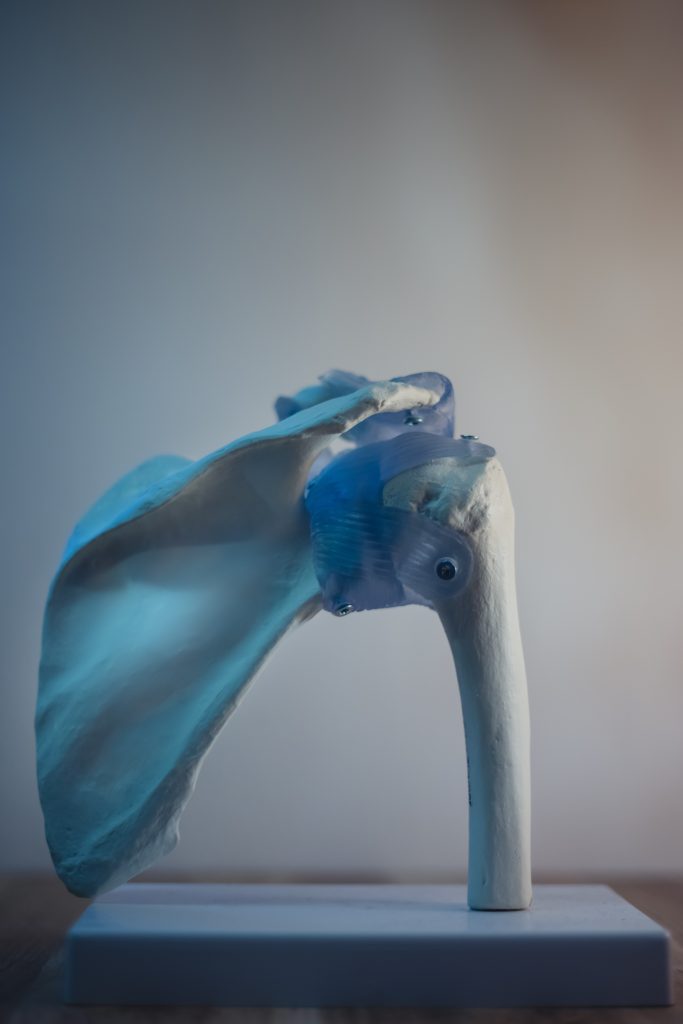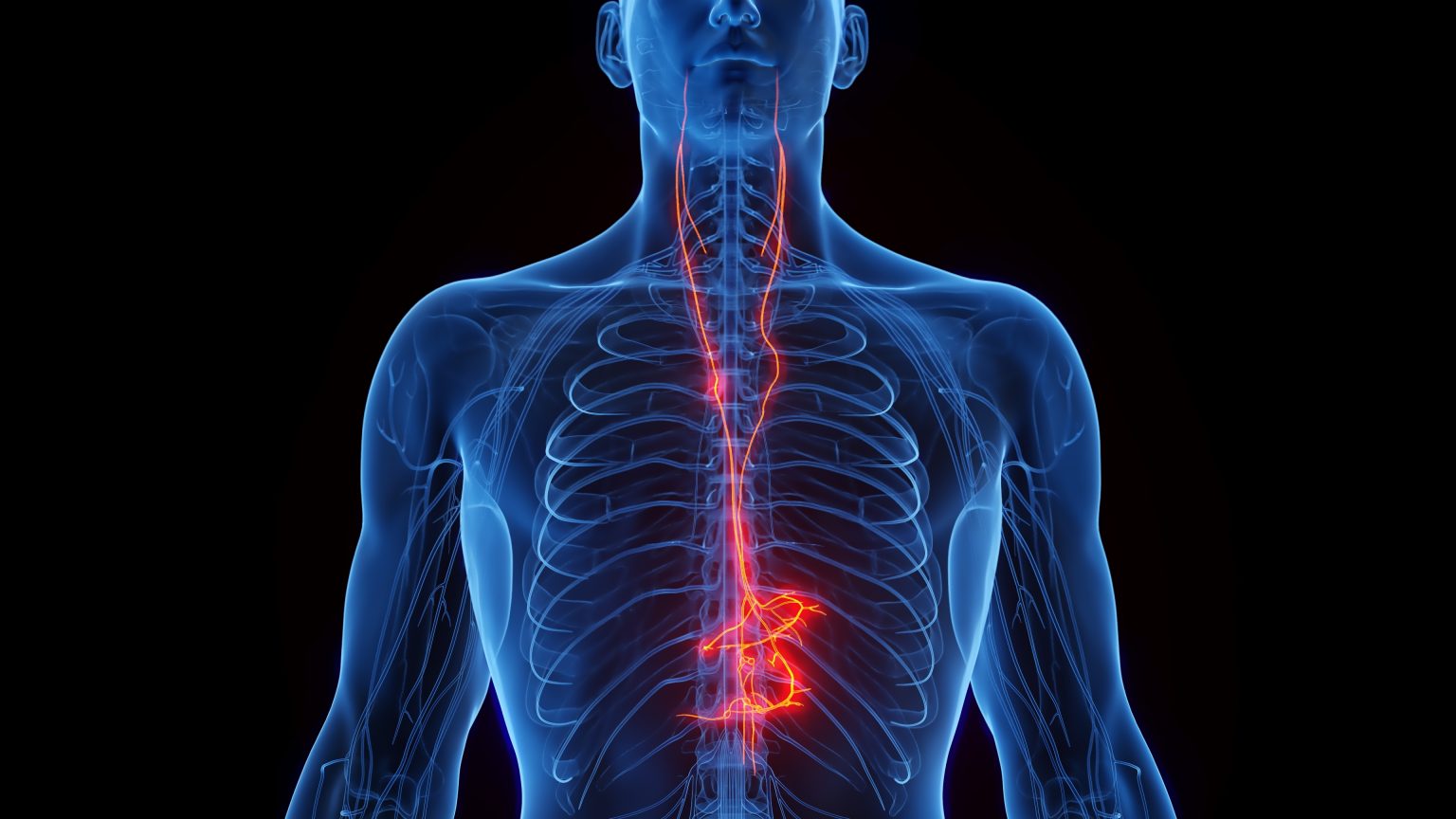Today, we discuss shoulder pain, what some of the causes of shoulder pain are, and how it can be treated. Whether it’s a severe or dull pain, we hope that this blog will help you understand the root of your pain and find the best solution. There are many causes of shoulder pain, some of which we may not cover in this article. If you have any queries about your pain and require any of our services, contact us at 01444 257555 or info@falcon-health.com
To find out if we can help you, explore our website or schedule a consultation with our team today by contacting us!
Causes of Shoulder Pain
Arthritis
One of the common causes of shoulder pain is arthritis. There are many forms of this, all of which can cause continuous shoulder pain. Unfortunately, there is no cure for arthritis, but there are ways to manage the symptoms. Some of these examples include:
Osteoarthritis
Osteoarthritis is a degenerative joint disease that affects the joints that bear weight, including the shoulder. This disease often comes about as a result of “wear and tear” as the cartilage within the shoulder joint is worn away. This causes the bones to rub together, thus causing continuous pain. Symptoms include continuous shoulder pain, stiffness, and inflammation.
Rheumatoid Arthritis
Rheumatoid Arthritis is an autoimmune disease. This means that the immune system attacks its tissues. This causes the infection and decay of muscle and cartilage around the joints, resulting in continuous pain. Some of the most common symptoms of rheumatoid arthritis include continuous shoulder pain, joint inflammation, fatigue, and fever.
Posttraumatic Arthritis
Posttraumatic arthritis is a form of osteoarthritis that develops after an injury, such as a fracture or dislocation of the shoulder. If the joint does not heal properly, then it can cause continuous pain as bones in the joints are not aligned properly. This type of arthritis often affects the joint that was injured and can cause continuous shoulder pain. Symptoms of posttraumatic arthritis include continuous pain, swelling, and stiffness.
Injuries
Shoulder Impingement
Shoulder Impingement is a very common cause of continuous shoulder pain. This occurs when a tendon inside your shoulder catches or rubs on a nearby tissue or bone as you move your arm. This often affects the rotator cuff tendon. Symptoms of this include pain at the top or outside of your shoulder, pain increasing when lifting an arm, weakness, or pain and aching at night.
Tendonitis
Shoulder pain is common in sports that involve bowling or throwing, such as cricket or baseball. One cause of shoulder pain is tendonitis. This occurs as a result of the tendons around the shoulder (the rotor cuff) becoming inflamed (tendonitis) or torn, causing pain. This type of injury is often caused by repetitive motions, such as pitching in baseball or serving in tennis. Symptoms of shoulder pain include a continuous pain in the shoulder area, a decrease in range of motion, and difficulty lifting your arm.
Dislocated Shoulder
If you think you have a dislocated shoulder, call your doctor or go to the emergency room immediately. A dislocated shoulder may be caused by a heavy fall or sudden impact. The upper arm painfully “pops” out of the shoulder joint and you won’t be able to move your arm. You may also see a bump on top of your shoulder. If you believe you have dislocated your shoulder, go to your closest A&E department to have them put it back into place safely. DO NOT try to do this yourself.
If done incorrectly, you can experience continuous shoulder pain as nerves are trapped and joints may not return to their original position. This can cause unnatural motion and pressure to be placed on areas it should not be.
Fractured Shoulder
Fractures are another cause of shoulder pain if not treated correctly. A broken shoulder can be the result of a fall, a direct blow to the shoulder, or an accident. Symptoms of a broken shoulder may include continuous pain, bruising, swelling and deformity. If you have any of these symptoms, go to your nearest A&E immediately.
If you experience continuous shoulder pain as a result of a fracture, it can be for multiple reasons. It is possible that the shoulder is weaker and is unable to perform tasks it could before. With training and treatment, it will likely return to its original state
Surgery
Certain types of surgery can cause continuous shoulder pain, especially if done incorrectly. Rotator cuff surgery is one example which can leave nerves damaged leading to continuous shoulder pain. Damage to the rotator cuff can occur from the surgery itself or post-operative scarring. This can cause pain when lifting the arm, reaching overhead, or lying on the affected shoulder.
If you experience continuous shoulder pain after surgery, it is important to seek medical attention. A physician may recommend physical therapy to help relieve the pain. Surgery may also be an option if other treatments have failed.
Solutions for Shoulder Pain
If you experience severe shoulder pain and believe you have broken or fractured your shoulder, you must see a medical professional. However, if you experience continuous shoulder pain, seeing a physiotherapist or chiropractor can be a great way to heal the pain and strengthen the shoulder.
Physiotherapy
Physiotherapy can help to improve shoulder movement and function. This includes ultrasound therapy, joint manipulation, massage, and exercises. Ultrasound therapy uses sound waves to penetrate the skin and muscles. Occasionally, physiotherapists will undertake medical acupuncture to activate nerves and relieve tension and pain.
Physiotherapy can help to decrease inflammation and pain. This is important as reducing inflammation is crucial when attempting to diagnose the ailment and performing procedures such as manual therapy. Furthermore, by reducing pain and swelling, the range of movement is improved, thus supporting your return to full strength.
Exercises are an important part of physiotherapy treatment as it can help to improve strength and flexibility. A physiotherapist will prescribe exercises as part of treatment to strengthen the muscles and joints in your shoulder, not only strengthening it but reducing the likelihood of a repeated injury.
Chiropractic Care
Chiropractic care may also be beneficial for those with shoulder pain. Chiropractors use manual adjustments to realign the spine which may help to relieve tension in the neck and shoulders. This, in turn, can help to reduce pain and inflammation.
Through procedures such as manipulation, chiropractors can readjust your alignment to reduce pressure placed on an injured shoulder. This can enable the shoulder to work freely and thus reduce pain. This is particularly valuable when recovering from injury as continuous shoulder pain can be caused by pressure and tension placed on the joint.
Like physiotherapy, chiropractors will often use ultrasound therapy and massage to help relieve tension in the muscles. They may also prescribe exercises for you to do at home to improve your strength and flexibility.
Why Falcon Health?
At Falcon Health, we are specialists in understanding treatments and causes of shoulder pain through physiotherapy and chiropractic care. We have successfully treated many patients with shoulder pain and can help you get back to your life without continuous discomfort.
If you are experiencing continuous pain and would like to understand the cause of shoulder pain, then contact us today! Our team of experts will be more than happy to discuss your pain with you and develop a bespoke recovery plan to suit you.
To learn more, explore our website or contact us at 01444 257555 or info@falcon-health.com today! Alternatively, BOOK NOW to schedule a consultation with our specialists.
Article: Phoenix Marketing






